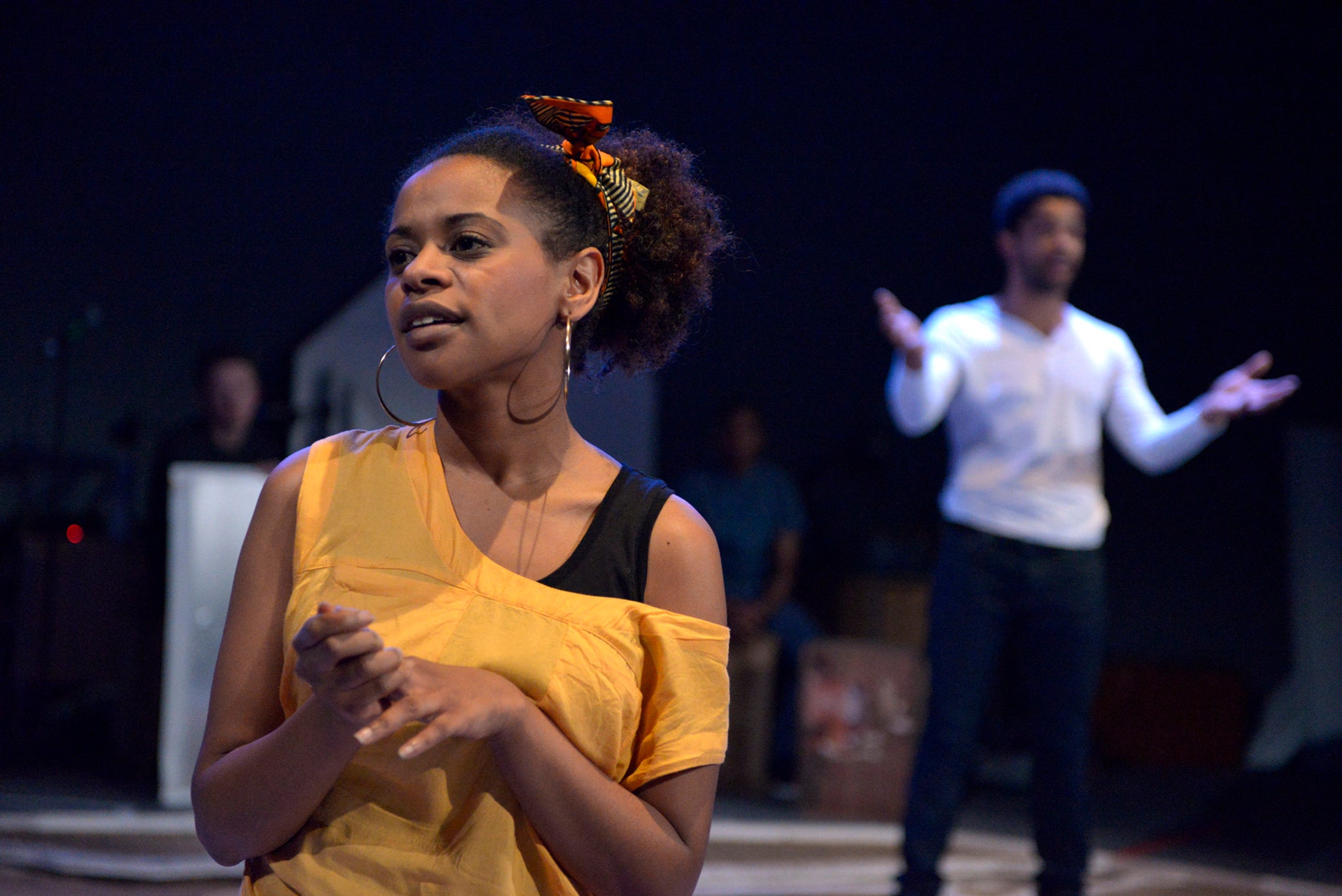We Are Proud to Present, theatre review
Bush Theatre, London

Your support helps us to tell the story
From reproductive rights to climate change to Big Tech, The Independent is on the ground when the story is developing. Whether it's investigating the financials of Elon Musk's pro-Trump PAC or producing our latest documentary, 'The A Word', which shines a light on the American women fighting for reproductive rights, we know how important it is to parse out the facts from the messaging.
At such a critical moment in US history, we need reporters on the ground. Your donation allows us to keep sending journalists to speak to both sides of the story.
The Independent is trusted by Americans across the entire political spectrum. And unlike many other quality news outlets, we choose not to lock Americans out of our reporting and analysis with paywalls. We believe quality journalism should be available to everyone, paid for by those who can afford it.
Your support makes all the difference.The full title of Jackie Sibblies Drury's inventive and challenging play is We Are Proud to Present a Presentation About the Herero of Namibia, Formerly Known as Southwest Africa, From the German Sudwestafrika Between the Years 1884-1915.
The conceit is that we are watching a group of young actors (three white, three black) attempt to devise a piece about the little-known extermination of 80 per cent of the indigenous Herero tribe by the German colonists.
As the performers squabble over how best to dramatise this horrific episode, the initial mood of affectionate satire at their well-intentioned but self-absorbed “process” gradually darkens in Gbolahan Obisesan's taut, excellently acted production.
Uncomfortable questions are thrown up about colour and the victor's version of the past and who has the right to tell which story.
You could argue that the plight of the Hereros gets unduly upstaged by the mounting dissension within the troupe but that seems to exemplify Drury's historiographical point and it fuels the anger of the most rebellious of the performers (strikingly played by Kingsley Ben-Adir). The implied parallels in the disturbing climax and the long-held accusatory silence afterwards feel to me, though, not exactly unconvincing but dramatically forced.
To 12 April; 020 8743 5050
Join our commenting forum
Join thought-provoking conversations, follow other Independent readers and see their replies
Comments